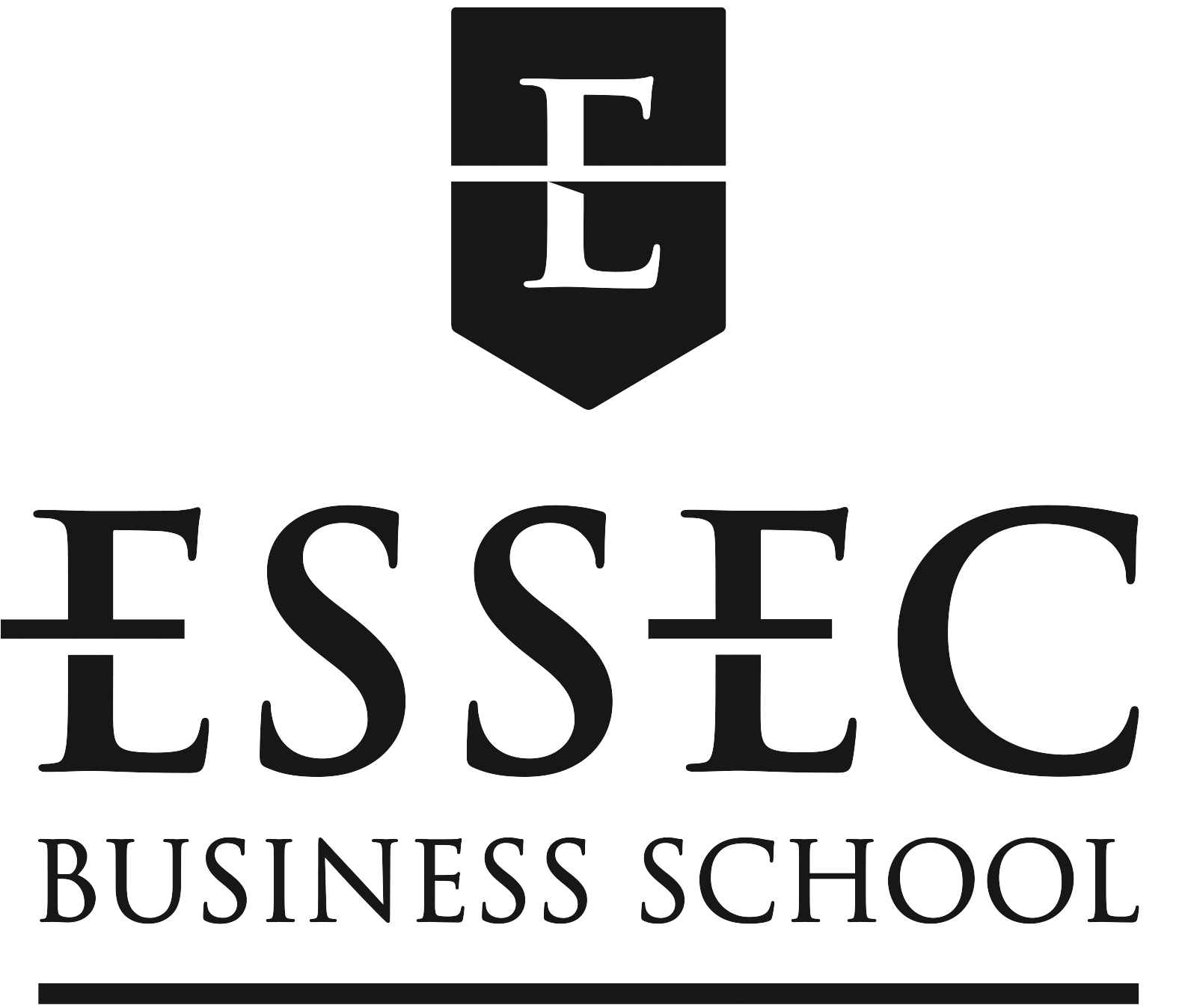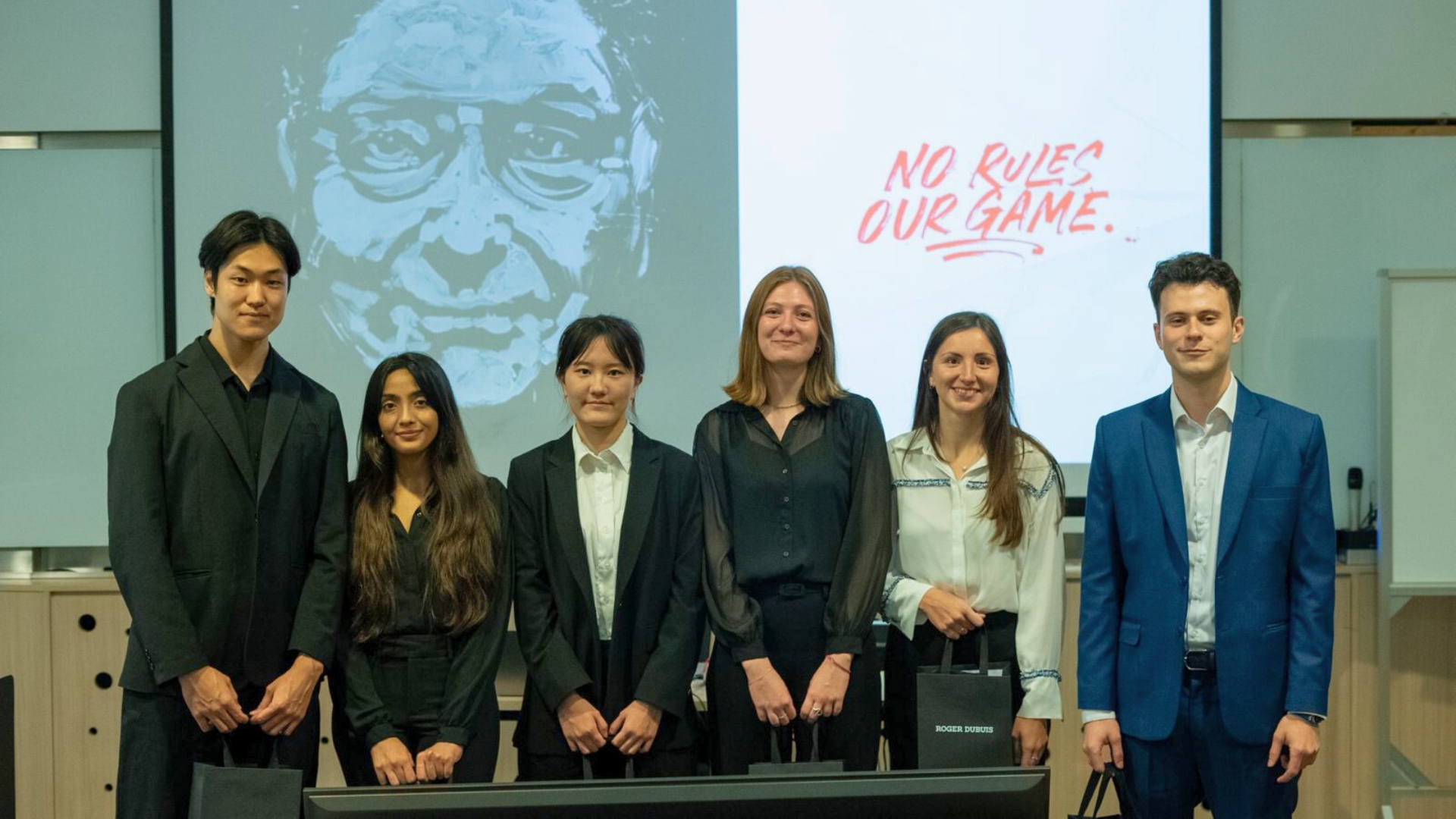From managing client expectations to juggling project timelines and navigating the potholes along the way, ESSEC Master in Strategy Management and International Business (SMIB) students have a steep learning curve to contend with when they eventually enter the working world.
It was no different for Faith Melgar when she secured an internship as a sustainability consultant at Zero Waste Business, a consulting firm.
“There are so many facts and new ways of doing things to absorb to track my progress and provide value to both my workplace and the clients I work with,” the recent SMIB graduate explains her role.
What has helped her thus far is her experience at ESSEC Asia-Pacific—notably the Asian Strategy Challenge (ASC).
The ASC is a consulting project offered exclusively to SMIB students at the ESSEC Asia-Pacific campus.
Over seven months, students work closely with ESSEC industry partners from different sectors on a real-world business challenge.
For the 2022-2023 cohort, clients included leading names such as Sanofi, Sodexo, Ascott, Decathlon, CapitaLand, Schneider Electric and Abbott.
As a sustainability advocate, Faith applied for an ASC sustainability-related project, leading her to her first experience with Zero Waste City.
No Easy Answers in the Real World
It took just weeks for Faith to discover the difficulties of applying her classroom theories in the real world.
Her team had diligently kickstarted the project with a series of demographic studies to understand the public’s mindset but were shocked by the results they got.
“We found that people didn’t care about the goal we wanted to achieve, and many were under the impression that most sustainability-related projects are greenwashing and that unless something is government-mandated, there’s no point doing it,” Faith recalls.
She explains: “The findings left us at a standstill. We had to rethink our approach and switch our guiding question from ‘What do we do to make this service work?’ to ‘How can we address public misconceptions and legitimize the reason for our project?’.
Building Skills for Work and Life
The time taken to troubleshoot and regroup taught Faith important lessons about project management.
When obstacles occur, “the need is for the team to re-align as soon as possible, and that the client is made aware of the changes occurring,” she says, noting that doing this is critical to effective communication.
Faith adds that the ASC also improved her project planning skills tremendously.
“I realized that the product will only be as good as the planning and effort you put into it, and the timeline should factor in possible delays and setbacks as it affects the scope of the project,” she muses.
“If you can plan effectively, you’ll be able to set expectations for the team more accurately.”
Ultimately, her team delivered a project of quality, which supported Faith’s eventual job application to Zero Waste Business.
Having started work, she is also excited to see the ideas her classmates proposed being further developed by the organization.
A Win-win for Companies and Students
But it isn’t just students that benefit—participating companies, too, testify to the value of working with the younger generation.
“Real-life industry project collaborations with established educational institutes like ESSEC are a great way for companies to access talent and perspectives beyond our usual reach,” Qi Ni Lee, Corporate Responsibility and Diversity, Equity & Inclusion Lead at Sodexo, explains.
Collaborating with SMIB students to enhance Sodexo’s food waste management system, Qi Ni was amazed by their dedication to achieving and surpassing project objectives.
“They introduced innovative viewpoints regarding the integration of food waste management into kitchen operations and were able to deliver a one-stop resource on how to validate and understand food waste data, as well as document case studies and best practices on reducing food waste,” she recalls.
“The collaboration proved instrumental in elevating Sodexo’s existing food waste management program.”
“We are delighted at the opportunity to grow our food service partnership with ESSEC, to enhance our food waste management initiatives that can be implemented onsite at ESSEC and beyond,” Qi Ni concludes.
RELATED POSTS
Green is the New Gold: Giving SMIB Students An Edge in Sustainable Finance
Sebastian Sohn shares why sustainability matters in the Sustainable Finance course for ESSEC Master in Strategy and Management of International…
Three MiF Curriculum Features that Make the ESSEC Asia-Pacific Campus Stand Out
Student Ambassadors share how the ESSEC Master in Finance at Singapore has prepared them for the world of finance.
Freedom and Practicality Draw Students from Asia to the MiM Program at ESSEC APAC
From diverse backgrounds to common goals, students from ESSEC's Master in Management program are shaping their futures with flexible learning and…
The MMD 2024 Digital Marketing Challenge: A Taste of the Real World
The annual Digital Marketing Challenge is arguably the biggest highlight of the MSc Marketing Management and Digital program. Student Ambassador…
Three Ways ESSEC GBBA Students Can Make the Most of Their Exchange
Student Ambassador Sagarika Majumdar and alumna Manqi Zhao share their tips.
How the ESSEC MMD Program Makes Learning Practical and Relevant
Fresh graduates need help entering the workforce, as they need more experience and have a limited understanding of the industry. ESSEC Master in…







